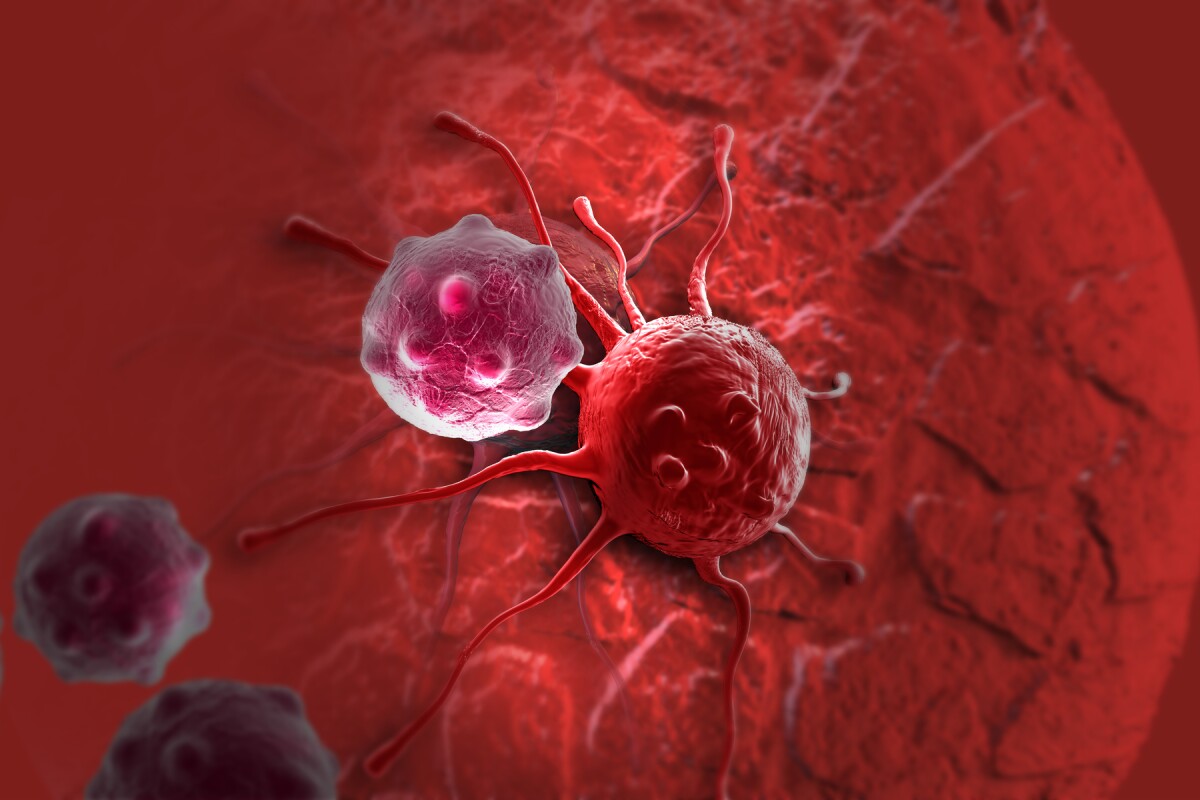
What this does is establish an apparent linkage and the obvious takehome is that all cancer patients are best served adopting a new lifeway that accepts their new normal and a zero stress life.
Those Greek islands keep looking better.
Truth is that every natural community is plausibly a Greek island. We need to exploit this.
Dormant cancer cells reawakened by stress hormones
Dormant cancer cells reawakened by stress hormones
By Rich Haridy
December 02, 2020
New research found dormant cancer cells can be reawakened by a process that is triggered by certain stress hormones
VIEW 1 IMAGES
Years after a successful treatment cancers can often recur when dormant tumor cells reawaken. Exactly what reactivates these sleeping cancer cells is unknown but a compelling new study is offering a novel hypothesis, suggesting certain stress hormones can trigger a chain of events that reawaken these dormant cells.
Even after the most successful cancer therapy it is hard to comfortably conclude the disease has gone for good. Undetectable dormant tumor cells can quietly sit in the body for years, or even decades, and scientists do not understand what mechanisms play a role in reactivating them.
The new research grew out of prior work hypothesizing the immune system plays a role in reawakening dormant cancer cells years after the disease has gone into remission and focused on a particular type of immune cell known as polymorphonuclear neutrophils (PMNs).
Preliminary animal tests revealed dormant tumor cells can be reawakened by a type of lipid released by PMNs. Working backwards, the researchers then looked at what could be triggering the specific immune cells to release these lipids, and the culprit seemed to be a type of stress hormone called norepinephrine.
The researchers looked at 80 lung cancer patients, of whom 17 presented with unusually early relapse. Those patients suffering from early disease recurrence displayed higher blood levels of this particular lipid compared to the patients in longer periods of remission.
“We found that patients that experience early cancer relapse have higher stress hormone levels and neutrophil activation markers in their blood compared to patients that do not experience relapse, or experience relapse after longer time,” explains lead author on the new study, Michela Perego.
Perego is cautious to note the research does not suggest stress by itself is singularly responsible for reawakening dormant cancer cells. Instead, the research points to a complex chain of events that contributes to tumor cells waking up.
“What is very important is that stress alone doesn’t reawaken dormant cells,” Perego explains in a recent interview with StatNews. “You need stress hormones, but you also need neutrophils, and you need them to be activated and then for them to produce this specific lipid to turn on tumor cells.”
Affirming this chain of events begins with stress hormones the researchers found treating mice with beta blockers effectively stopped these dormant tumor cells from waking. Beta blockers are commonly used in patients with heart disease to block norepinephrine activity.
It is certainly too early to infer any explicit clinical treatment from this breakthrough research finding. It is possible in the future novel antibodies could be developed to block the activity of these lipids that seem to wake the dormant cancer cells, but in the short term Perego suggests new ways to monitor neutrophil activity or stress hormone levels could be developed to detect when a patient is most at risk of cancer relapse.
“… we think that monitoring stress hormone levels in patients undergoing cancer therapy would be very important in controlling the level of stress hormone to achieve longer tumor-free time in cancer patients,” Perego adds.
No comments:
Post a Comment